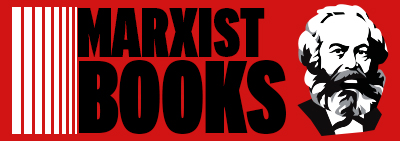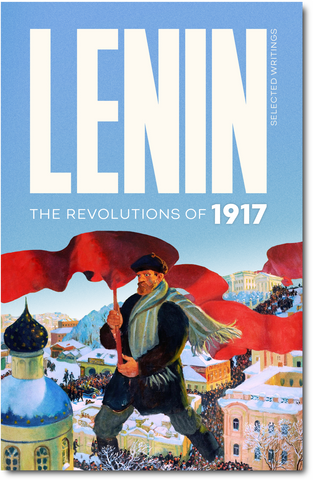Communist Strategy & Tactics: Lessons from the Communist International
"Lessons from the Communist International" is a part of a series of 4 booklets on communist strategy & tactics, which you can purchase here for $15. These booklets can be read in any order:
- How Marxists Use Bourgeois Elections
- Lessons from the Communist International
- Marxism, Mutual Aid and Direct Action
- The Role of the Revolutionary Party
Revolution is not an automatic process. It requires the conscious intervention of millions of ordinary workers who step onto the stage of history to seize control over their own destiny. Revolutions are not one-off events, but a protracted battle of living class forces. To achieve victory in this struggle, the working class must replace cowardly, reformist leaders with a Marxist general staff that gives clear expression and direction to its genuine desire to transform society.
After the victory of the Russian Revolution in 1917, Lenin and Trotsky established the Communist International (also known as the Comintern or Third International) to transmit the essence of Bolshevism to a new generation of revolutionaries as quickly as possible. Trotsky described the Comintern as the highest school of revolutionary strategy. The first four congresses still serve as an academy for anyone interested in replicating the success of the Bolshevik party. In its early years, the ideas of revolutionary Marxism were battle-tested—not only in the field of debate, but also in the living struggle of the working class.
Once again, we are at the precipice of a revolutionary period in human history. On this side, all we see is the war, crisis, and instability of capitalism, but another world is possible. The Russian Revolution broke like the dawn of a new day through the tremendous slaughter of World War I. The Bolsheviks proved in practice that revolution is possible and inspired a whole generation of revolutionary fighters to follow their example. The example of those generations is a precious inheritance for every communist today.
This booklet includes the following articles:
- Introduction by Pete Walsh
- "When the Socialist Party Was a Factor in US Politics: Lessons in Party Building" by Tom Trottier
- "Lessons of the Early CPUSA" by Tom Trottier
- "Germany 1921: The Tragedy of the 'March Action'" by Rob Sewell
- "Italy: Battles in the Third International" by Andrea Davolo
- "The Communist International in Spain: Origins of the Spanish Communist Party (PCE), 1919-1922" by Arturo Rodriguez
- "Trotsky on the Popular Front" by Phil Mitchison
- Excerpts from "What Next? Vital Questions for the German Proletariat" by Leon Trotsky
We Also Recommend








